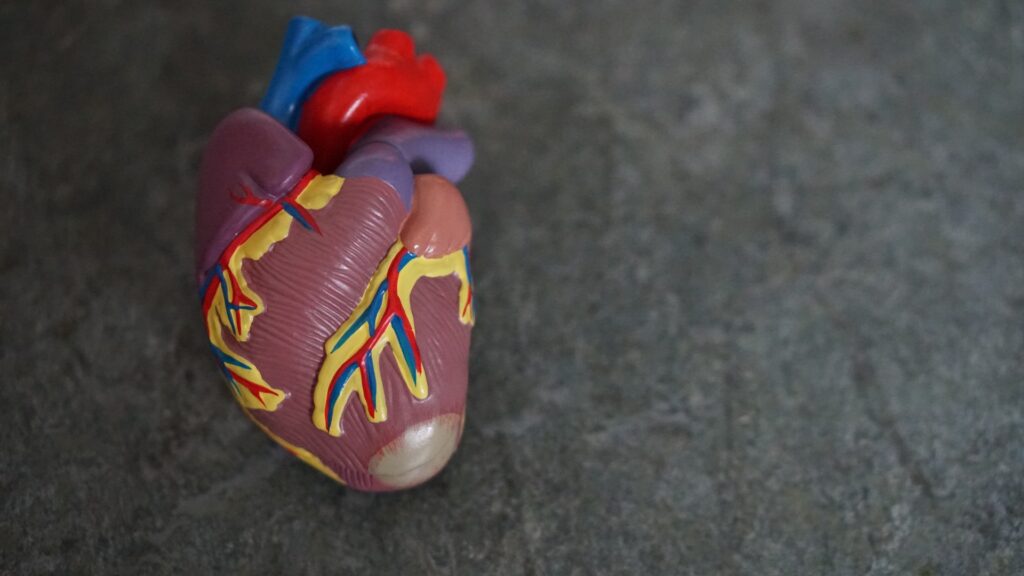New research has developed an injectable hydrogel that could help repair and prevent further damage to the heart muscle after a heart attack.
This was done by the researchers at CÚRAM, the SFI Research Center for Medical Devices based at the National University of Ireland, Galway, and BIOFORGE Lab, at the University of Valladolid in Spain.
Heart disease (Myocardial infarction) is a leading cause of death because of the irreversible damage caused to the heart muscle during a heart attack.
The cardiac tissue (heart muscle) has very low regeneration, thus making any damage to it be repaired by itself. There has been no effective method for preventing death and subsequent cardiac tissue repair following a heart attack.
Professor Abhay Pandit, Scientific Director of CÚRAM at the National University of Ireland Galway and project lead, said that the project was focused on developing and testing an elastin-based hydrogel that was derived from a naturally occurring biomaterial in the human body.
This hydrogel is based on a family of unique biomaterials, called elastin-like recombinamers, that BIOFORGE-UVa had developed in the search for advanced hydrogels for regenerative medicine. Pandit added that they developed the hydrogel for mimicking the environment around the heart following an infarction. Then they customized it to protect and promote the regeneration of the cardiac tissue.
They assessed the therapeutic effect of multiple injections of this hydrogel into the cardiac tissue during the first-ever preclinical study of its kind, demonstrating its efficacy for cardiac tissue remodelling following a heart attack.
The team showed that if they injected the hydrogel into the heart muscle shortly after a heart attack; it resulted in less fibrosis (scarring of the cardiac tissue) and an increase in the generation of new blood vessels in the area. A rise in the preservation and survival of cardiomyocytes, a type of cell that allows the heart to beat in the affected area, was also observed.
Pandit explained that the project showed the efficacy of a unique biomaterial-only system able to induce a positive healing effect on cardiac tissue following a heart attack event. The next step is to develop a prototype for a delivery system for the hydrogel.
The timely injection of this hydrogel appears to change the way the heart muscle heals after a heart attack. There is a significant positive histological, biological and functional recovery of the injured heart muscle.
Work is progressing now to deliver this to the sites of injury in different clinical settings and will be followed with translation into a clinical trial.
Journal Reference:
Paolo Contessotto, Doriana Orbanić, Mark Da Costa, Chunsheng Jin, Peter Owens, Sandrine Chantepie, Clizia Chinello, John Newell, Fulvio Magni, Dulce Papy-Garcia, Niclas G. Karlsson, Michelle Kilcoyne, Peter Dockery, José C. Rodríguez-Cabello, Abhay Pandit. Elastin-like recombinamers-based hydrogel modulates post-ischemic remodeling in a non-transmural myocardial infarction in sheep. Science Translational Medicine, 2021; 13 (581): eaaz5380 DOI: 10.1126/scitranslmed.aaz5380

